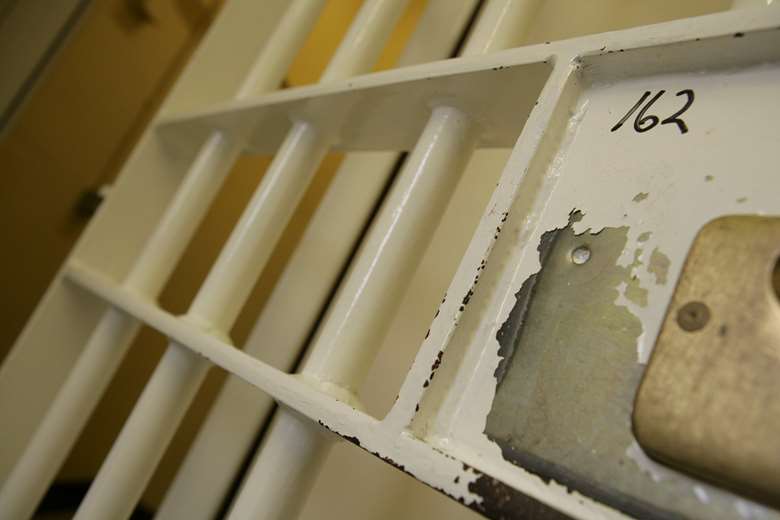Youth prisons blighted by staff shortages and lack of support, say inspectors
Joe Lepper
Wednesday, November 22, 2017
Young people in custody are being locked up in their cells for too long and are missing out on vital support due to staff shortages across the secure estate, inspectors have warned.

HM Inspectorate of Prisons' 2016/17 children in custody report found that a shortage of staff meant many boys at young offender institutions (YOIs) were being kept in the cells for more than 22 hours a day.
At Wetherby YOI 48 per cent of boys were being kept in their cells during the day when they should have been in education or training.
A similar picture was found at Feltham YOI where 40 per cent of boys were being locked up during the day.
"The impact of staffing constraints appears to have been more keenly felt by children this year," said chief inspector of prisons Peter Clarke.
"We have found far too many boys being locked in their cells for more than 22 hours each day, with staff struggling to manage the complexities of regimes where some boys can only be allowed out of their cells while others are locked up."
The inspectorate is also concerned that staff shortages means young offenders are missing out on support, particularly for their emotional wellbeing.
They are also struggling to have access to showers and using the phone.
Its report compiles survey responses from 720 children in custody over 2016 and 2017 and found that a fifth of children in secure training centres (STCs) felt they had no one to turn to if they had a problem.
The proportion of boys in YOIs who said they could have a shower every day has fallen from 88 per cent in 2015/16 to 71 per cent in 2016/17. Similarly, the proportion of those who could use a phone every day had fallen from 80 to 68 per cent over the same period.
"Too often in STCs, we found that staff were being redeployed from their assigned unit to cover gaps elsewhere in the centre," said Clarke, who added that this means "many vulnerable children with complex needs were trying to manage their problems without support".
Violence continues to be a major concern: four out of 10 young people in YOIs reporting feeling unsafe and 22 per cent of children in STCs.
The inspectorate notes that the YOI figure is down on 2015/16's survey, which found that 46 per cent felt unsafe.
It also praises work at Werrington and Cookham Wood YOIs in particular for addressing violence.
"Conflict resolution work at Werrington was developing well and the same model was being introduced at the other YOIs. The progression unit at Cookham Wood, where boys with complex needs who regularly committed acts of violence were accommodated, was proactively attempting to deal with the issues violence was causing there," states the report.
Black and minority ethnic (BME) young people and those with experience of care continue to be disproportionately prevalent in the youth secure estate. The report shows that around 49 per cent of those in STCs and 48 per cent in YOIs are from BME backgrounds and 42 per cent of those in YOIs had experience of being in care.
The inspectorate is calling on the Ministry of Justice to take action to improve conditions in the youth secure estate.
"Until this is addressed, the broader objectives of delivering education, training and creating a rehabilitative environment will not be achieved," Clarke added.
Frances Crook, chief executive of the Howard League for Penal Reform, said the report presents "an appalling picture".
"The Howard League is representing children who have been held in solitary confinement for long periods of time. Boys hardly ever see daylight, have a very poor diet, get little or no help with their problems, and even getting a shower is a challenge. If we treated animals like this, it would be a national scandal," she said.
Youth justice minister Philip Lee said: "More young people feel safer in custody than the same period last year, but current safety levels are still unacceptable and I have been clear there is much more to do.
"That is why we are investing an additional £64m to improve youth custody, including boosting the number of frontline staff in public sector YOIs by 20 per cent - all of whom will be specially trained to work in the youth estate."
He added that 140 prison officers had enrolled in a specialist youth custody worker foundation degree and a specialist unit for vulnerable children had opened at Feltham this month.
Earlier this month, Lee announced that two pilot "secure schools" could be set up within the next two years with a greater focus on education and rehabilitation.




